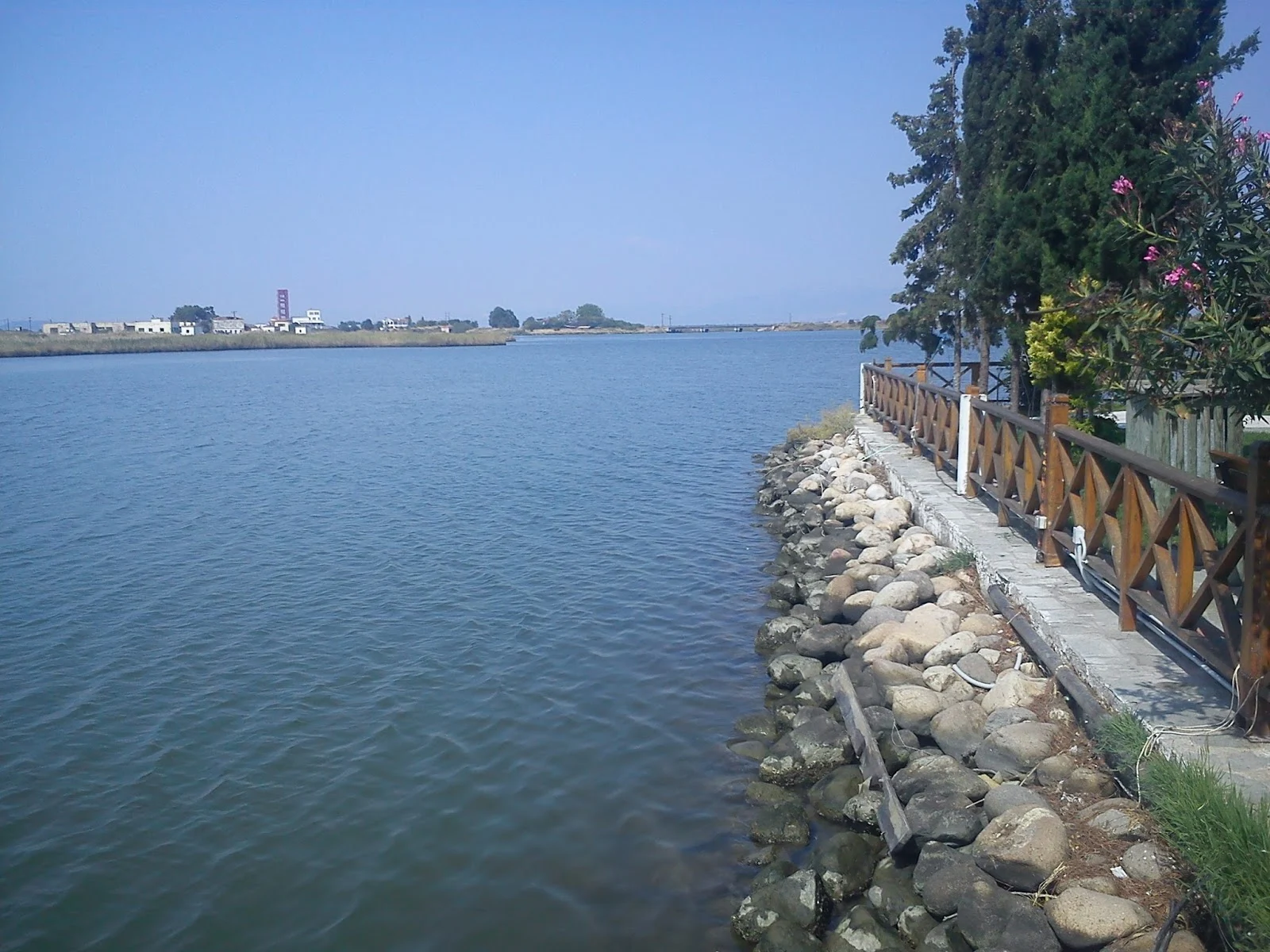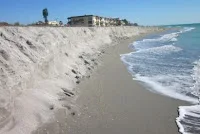UN, 23 February 2015 – The United Nations World Food Programme (WFP) has announced the delivery of a first round of emergency supplies to more than 288,000 people in flood-affected Malawi, providing much needed relief amid continuing rains.
The UN food agency explained in a press release that it had distributed more than 2,700 metric tons of food to 12 districts late last week and delivered more than 200 metric tons of relief items by air to thousands of people cut-off by flood waters.
Incessant rains have severely affected the African country as flood waters have destroyed roads and rendered some areas entirely inaccessible by land.
Malawi is regularly hit by floods and droughts, requiring emergency responses of varying size each year. This year, flooding has caused displacement of over 170,000 people, while an estimated 116,000 households have lost their crops and livestock. In Nsanje district alone, 79 people are confirmed dead with another 153 people still missing.
Moreover, this year’s rains have come ahead of their usual schedule, repeatedly bursting the banks along the Shire and Ruo rivers, and warnings of flash floods remain in place, with more rain forecast for the country's North. With 86 per cent of the population living in rural areas and engaged in farming and livestock rearing, long-term watershed management infrastructures are urgently needed so that even intense flooding is less damaging than this year.
In addition, the press release noted, WFP is currently participating in a joint rapid food security assessment “in order to understand the latest needs on the ground and the required duration of the emergency response” while also providing recommendations on the duration of the ongoing lean season food insecurity response which has already identified nearly 700,000 people in need of food assistance.
Despite the United Nations’ intensive efforts to reach those affected by the devastating flood waters, the WFP continues to face a funding gap of $3.3 million to cover the outstanding food requirements and logistics services to support the entire humanitarian community.
[un.org]
23/2/15
--
-
Related:
The UN food agency explained in a press release that it had distributed more than 2,700 metric tons of food to 12 districts late last week and delivered more than 200 metric tons of relief items by air to thousands of people cut-off by flood waters.
Incessant rains have severely affected the African country as flood waters have destroyed roads and rendered some areas entirely inaccessible by land.
Malawi is regularly hit by floods and droughts, requiring emergency responses of varying size each year. This year, flooding has caused displacement of over 170,000 people, while an estimated 116,000 households have lost their crops and livestock. In Nsanje district alone, 79 people are confirmed dead with another 153 people still missing.
Moreover, this year’s rains have come ahead of their usual schedule, repeatedly bursting the banks along the Shire and Ruo rivers, and warnings of flash floods remain in place, with more rain forecast for the country's North. With 86 per cent of the population living in rural areas and engaged in farming and livestock rearing, long-term watershed management infrastructures are urgently needed so that even intense flooding is less damaging than this year.
In addition, the press release noted, WFP is currently participating in a joint rapid food security assessment “in order to understand the latest needs on the ground and the required duration of the emergency response” while also providing recommendations on the duration of the ongoing lean season food insecurity response which has already identified nearly 700,000 people in need of food assistance.
Despite the United Nations’ intensive efforts to reach those affected by the devastating flood waters, the WFP continues to face a funding gap of $3.3 million to cover the outstanding food requirements and logistics services to support the entire humanitarian community.
[un.org]
23/2/15
--
-
Related:






















 GR
GR FR
FR DE
DE ES
ES IT
IT RU
RU EU
EU